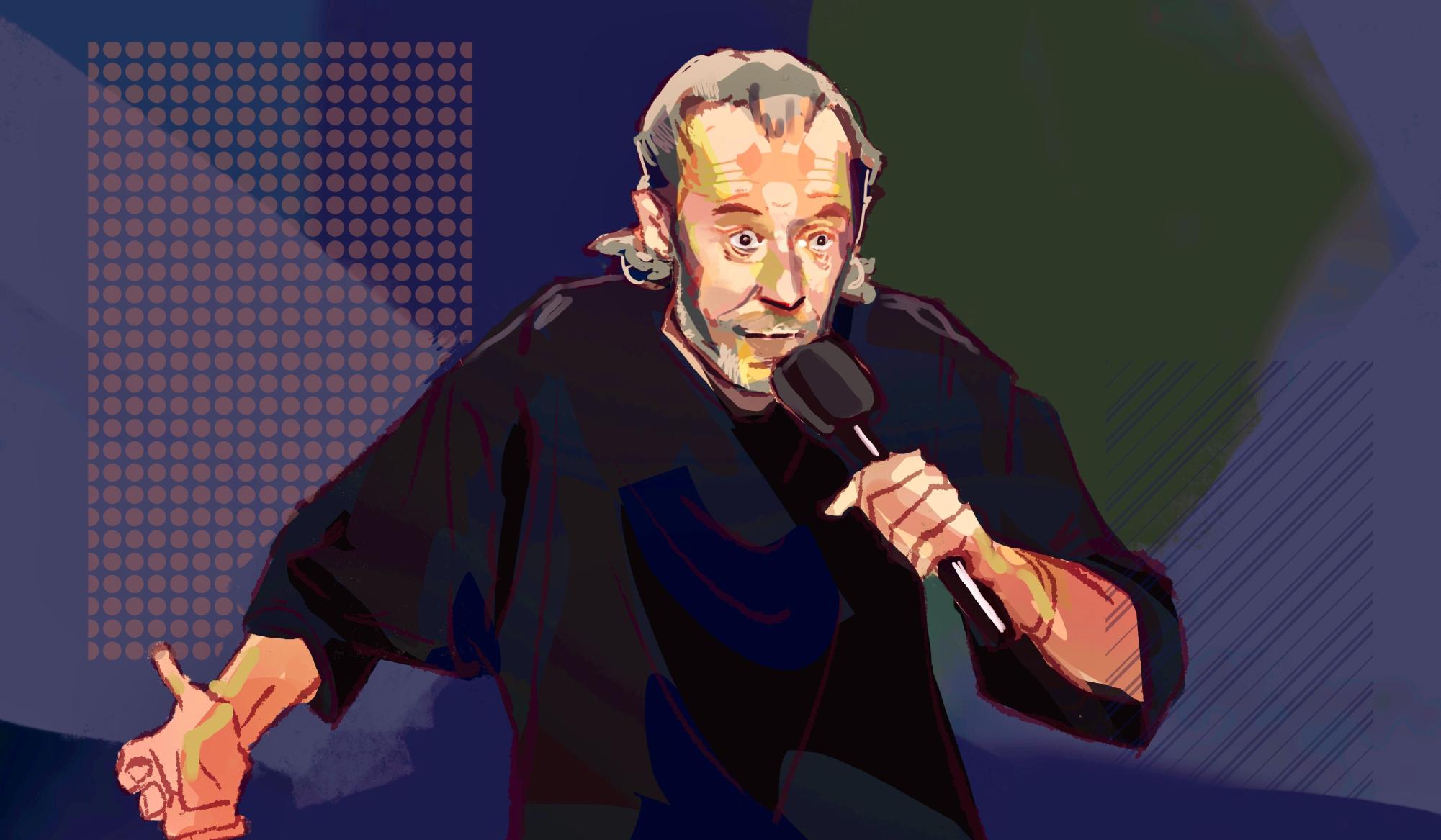The presence of social commentary in comedy has existed since the boom of political satire in America during the nineteenth century. Its rise in popularity hints at Americans’ enjoyment of a good laugh at the expense of others. As a result, comedians who were willing to push social boundaries and address hot-button topics were often revered. However, this balancing act between the comedian and the audience has tipped over, dramatically shifting the comedic scene. Society now scrutinizes comedians at seemingly any mention of a sensitive topic, while comedians artificially and spitefully push political agendas. We no longer have the equilibrium that made social comedy so special, and both sides are to blame.
Comedy’s distasteful evolution is perfectly embodied by Dave Chapelle, who is a pioneer of modern social comedy. Chapelle built his career on unfiltered jokes from an extremely diverse set of topics, and people grew to admire his direct style of comedy. However, after receiving immense backlash for jokes surrounding the transgender population, Chapelle’s entire persona shifted. Although the initial jokes were merely part of his esteemed brand of “offensive” comedy, his current work has honed in on this sensitive topic and is now simply an exploitative way to push an anti-transgender political agenda. Chapelle saw the virality that resulted from those specific comments and seemed to happily embrace his position as a preacher of anti-transgender sentiments. For example, his 2021 Netflix special, “The Closer,” is almost wholly centered around transgender jokes. When the goal is no longer to make people laugh but to use the guise of comedy to disseminate demeaning views, social comedy has gone too far. Furthermore, Chapelle’s jokes lose their luster when he is putting on an act and leveraging the transgender community’s rightful outrage to intentionally chase viewership.
However, there is still a place for social commentary in comedy, if done correctly. This was previously evident with Hasan Minhaj, who built a brand around political comedy through his 2018 Netflix special “Patriot Act,” which jokes about the country’s political landscape. However, there is more nuance behind his underlying messaging, as his goal is not to degrade others, but to bring attention to things he believes need to change. For example, he denounces the movement to strike down affirmative action in one of the episodes, weaving meaning into a comedic act. Although many may not agree with his perspective, they can at least respect the attempt at using comedy to fight for his beliefs. This is also seen through many of Minhaj’s other ventures, such as his comedic criticism of politicians while speaking at the 2017 White House Correspondents Dinner. Although Minhaj was recently exposed for embellishing anecdotes of anti-Muslim discrimination, such as in his 2022 Netflix special “The King’s Jester,” an impersonal and fact-based piece like “Patriot Act” still holds its value.
While comedians are responsible for well-intentioned jokes, it is also society’s responsibility to avoid impulsively “canceling” someone for a bad joke. This is evident with Shane Gillis, who is part of the next generation of comedians that have surged in popularity. For example, his 2023 Netflix special “Beautiful Dogs” was wildly successful, spending two weeks in the U.S. top 10. This is despite Saturday Night Live (SNL) impulsively firing, or “canceling,” Gillis in 2019 for offensive jokes regarding Asian and gay people. Although these jokes were certainly worthy of criticism, Gillis is now a much better comedian, and this was a rare example of him being meaninglessly controversial. He typically uses satire to employ sensitive topics for deeper effect, such as using a gay joke to mock his mostly Republican audience that adamantly despises gun control. In fact SNL themselves asked Gillis to host a couple of months ago, which displays the importance of forgiving good comedians who occasionally make distasteful jokes.
The current hypersensitivity to jokes is more apparent with newer comedian Matt Rife, who recently faced backlash for a domestic violence joke in his Netflix special “Natural Selection.” Although it was an admittedly bad joke, using this to deface a generally unblemished career is absurd. Somewhat similar jokes that went viral on TikTok are what catapulted his growth, as people rightfully fell in love with the way he charmingly and wittily navigates sensitive topics. Comedians like Rife and Gillis who tackle taboo subjects are bound to cross lines, potentially even accidentally, so society should brush past one-off mistakes. Comedy that beneficially pushes social boundaries is only possible with some public leeway for comedians to experiment and improve.
However, a larger issue is comedy’s shift from its true essence — to entertain people. Out of Rife’s entire special, this joke was the single most trending. It blew up not because of its comedic value, but because it was offensive. This has caused an epidemic of increasingly polarizing comedic takes, where the goal is to be controversial instead of funny. Overall, both sides must compromise to once again create comedy that appeals to the masses, which is what made it so popular in the first place.








tetanus • Apr 29, 2024 at 2:34 pm
I’m curious why you used George Carlin’s face?